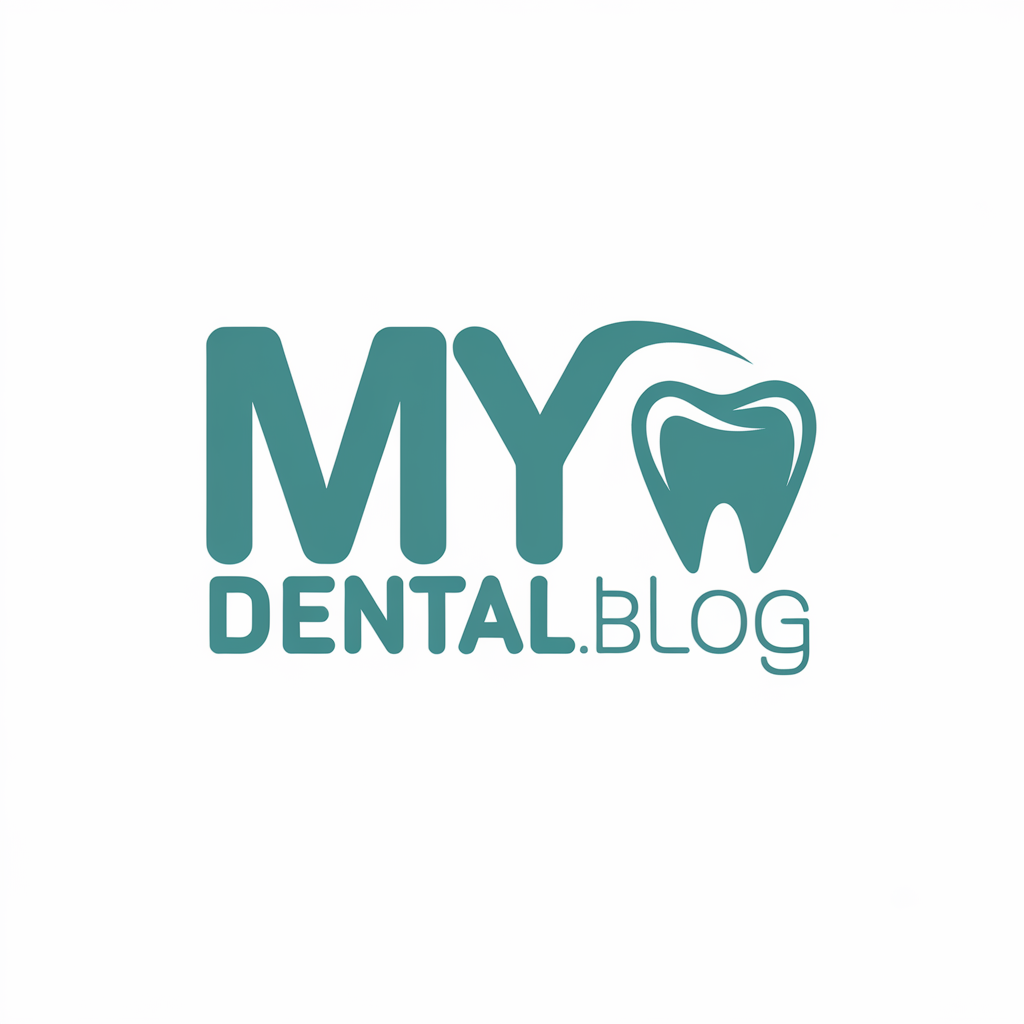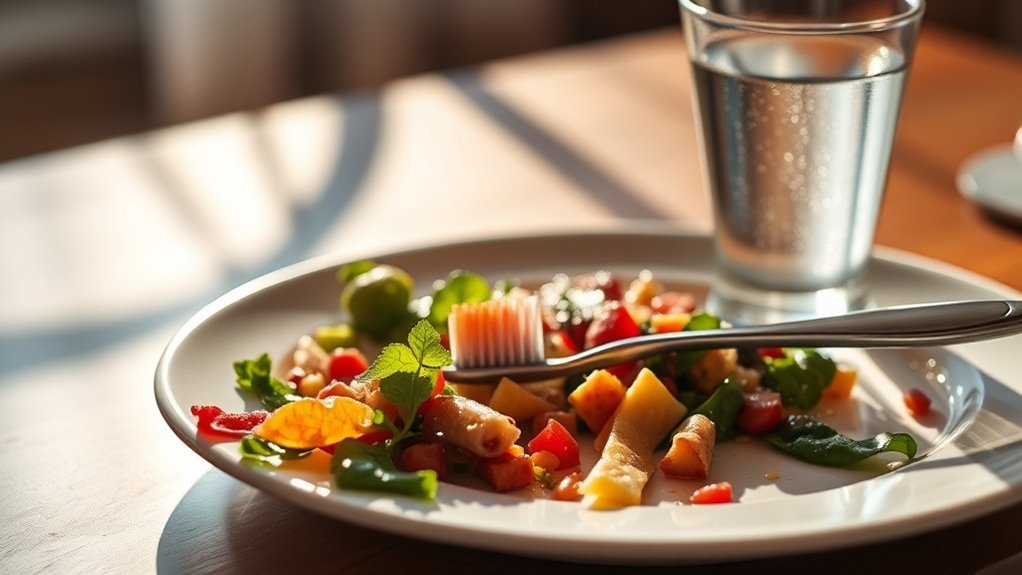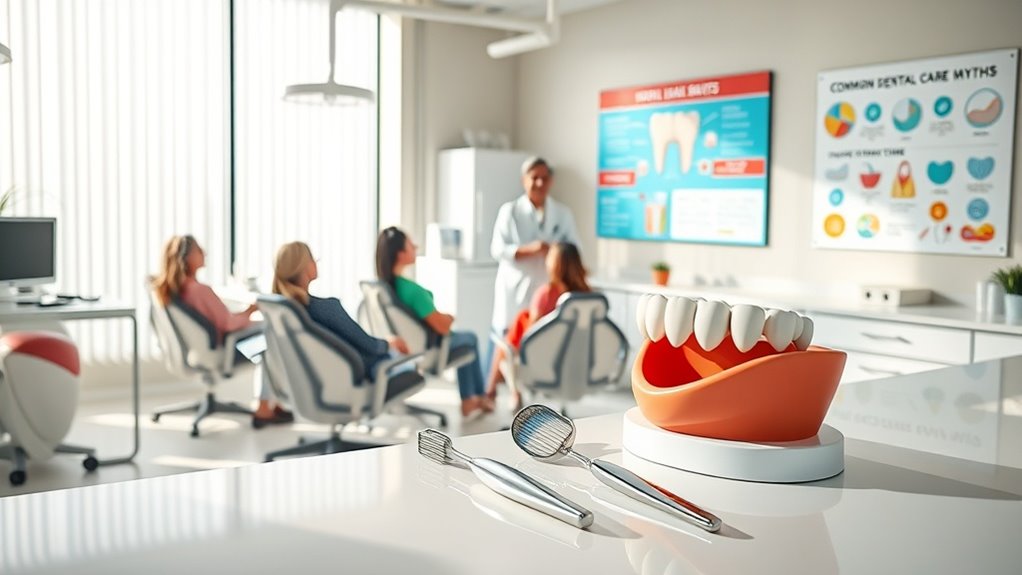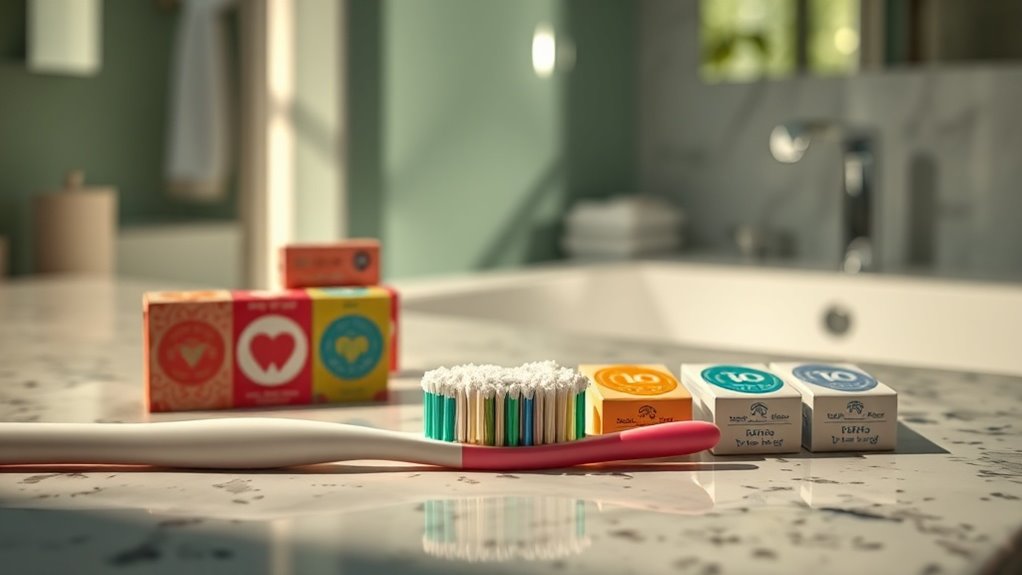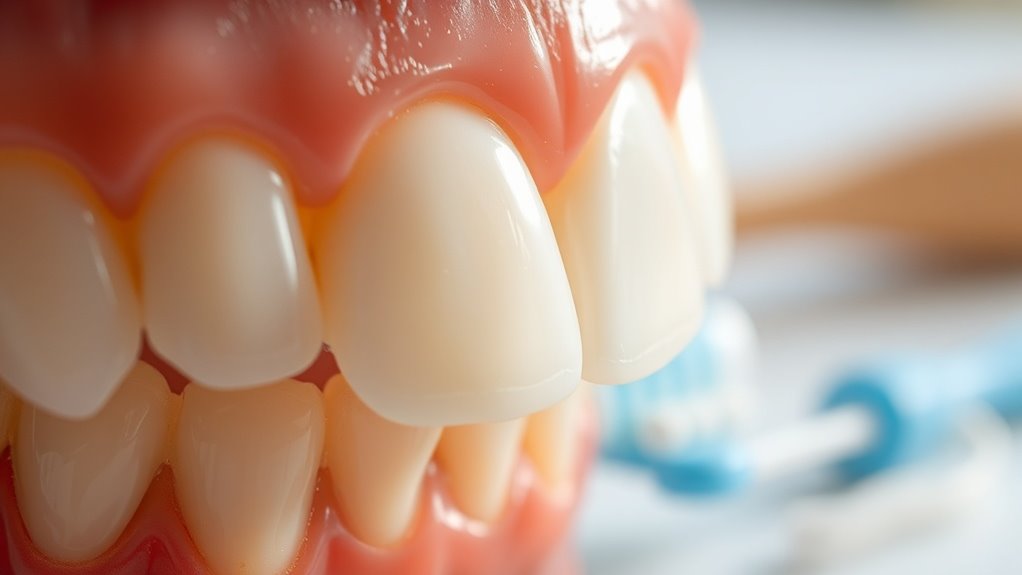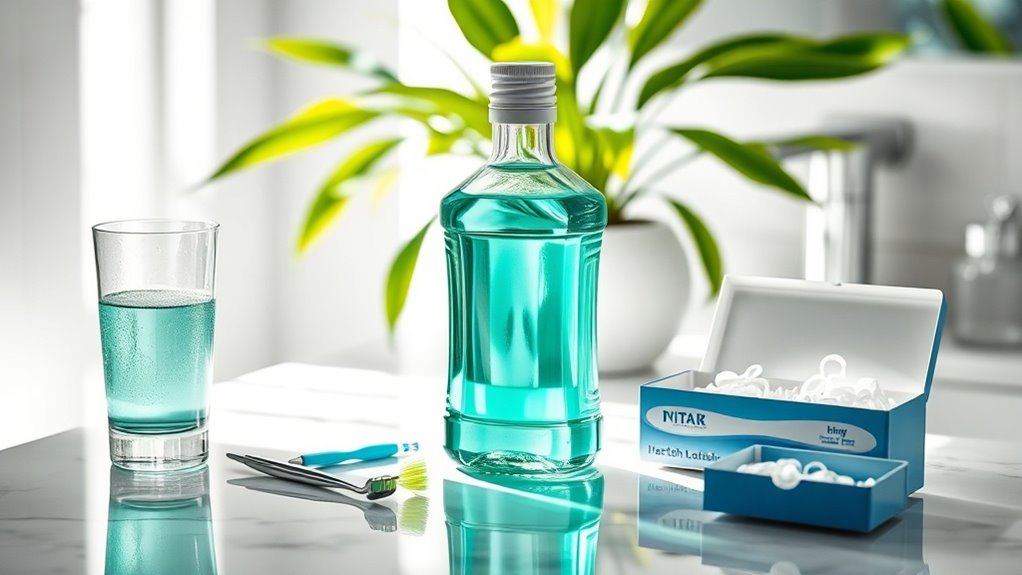Do You Really Need to Brush After Every Meal.
Brushing after every meal can enhance your oral hygiene, combat plaque buildup, and keep your breath fresh. However, overdoing it, especially after acidic foods, can damage your enamel and irritate your gums. So, is it really necessary to brush every time you eat? Understanding the balance between effective cleaning and protecting your teeth is crucial, and there are alternative practices that might suit your routine better. Let’s explore what’s best for your dental health.
The Importance of Oral Hygiene
While you might feel tempted to skip brushing your teeth after a meal, maintaining good oral hygiene is crucial for your overall health. Brushing after meals helps remove food particles and plaque, preventing cavities and gum disease. It also freshens your breath and promotes healthier teeth. By prioritizing this simple routine, you’re investing in your long-term oral wellbeing. Additionally, brushing alone may not be enough to combat bad breath effectively, as bacteria quickly repopulate after brushing and thrive in hard-to-reach areas. Don’t overlook its importance.
Effects of Brushing After Every Meal
Brushing your teeth after every meal can yield both benefits and drawbacks, depending on your dental health and the timing of your brushing. While it helps remove food particles and combat plaque, over-brushing can wear down enamel and irritate gums. It’s essential to wait at least 30 minutes after eating acidic foods to minimize potential damage and ensure optimal oral health. Additionally, intermittent brushing can significantly assist in maintaining freshness and promoting healthy gums.
What Happens If You Skip Brushing
Skipping brushing your teeth can lead to a buildup of plaque and bacteria, which increases your risk of cavities and gum disease. The consequences aren’t just limited to your oral health; you might also experience:
- Bad breath
- Stained teeth
- Increased dental costs
Maintaining your dental hygiene is crucial for long-term health. Don’t underestimate the impact of regularly brushing after meals. Additionally, practicing deep breathing exercises can help manage anxiety related to dental visits when you maintain good oral hygiene.
Alternative Practices for Oral Care
Many people wonder if there are alternatives to brushing teeth after every meal, and there certainly are some effective practices worth considering. You can rinse your mouth with water to remove food particles, chew sugar-free gum to stimulate saliva production, or use dental wipes for quick cleaning. These methods can help maintain oral hygiene, especially when brushing isn’t convenient. Additionally, incorporating mouthwash into your routine can reduce plaque and bacteria that brushing alone may miss.
Expert Recommendations on Brushing Frequency
Dental professionals generally recommend brushing your teeth at least twice a day, ideally in the morning and before bed. You should also consider these practices to maintain your oral health:
- Floss daily to remove food particles and plaque.
- Rinse with mouthwash to kill bacteria and freshen breath.
- Schedule regular dental check-ups for professional cleanings and assessments.
Following these recommendations can enhance your dental hygiene significantly. Additionally, brushing in the morning helps prevent cavities and gum disease, as it removes plaque buildup and food particles from the night.
